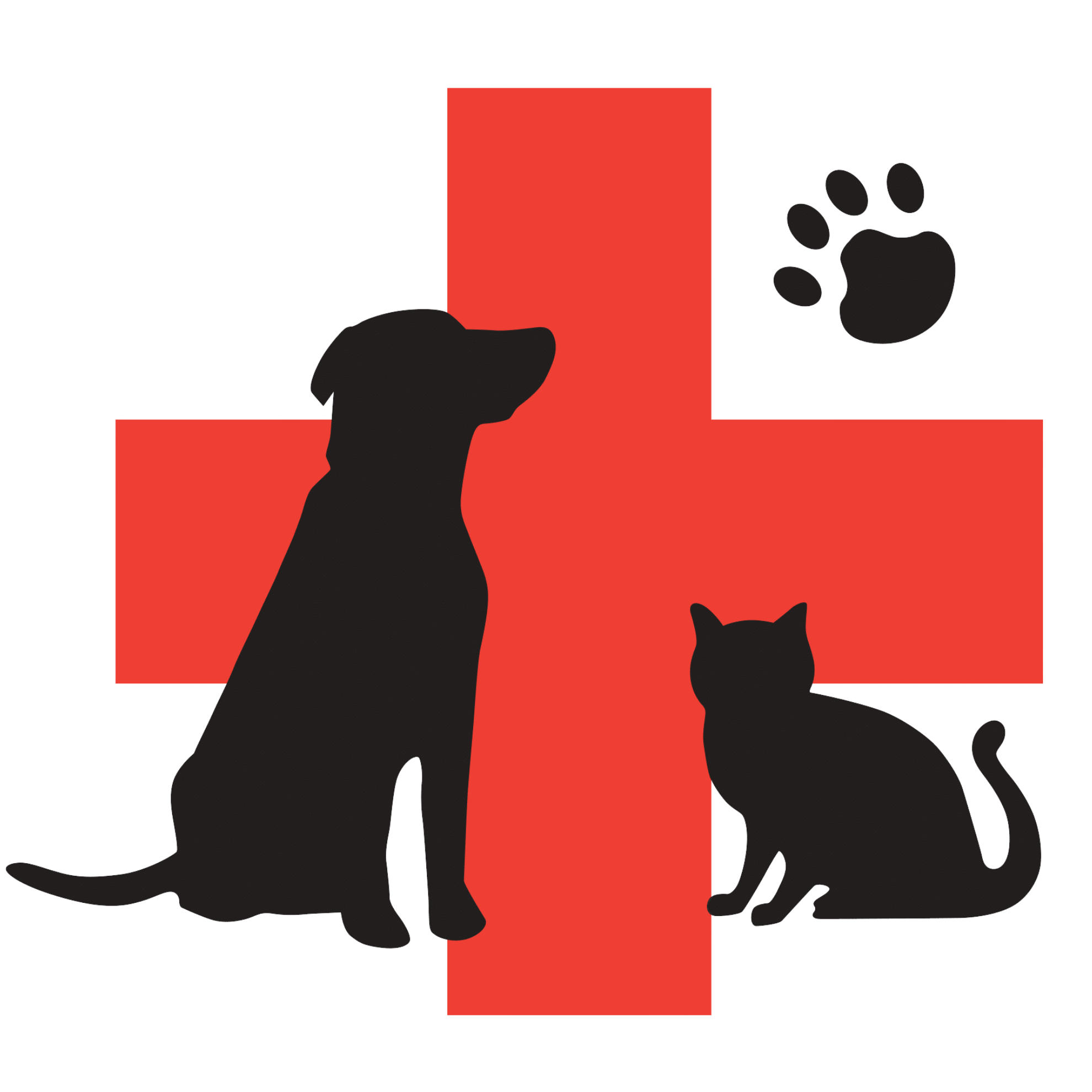As your pet enters its elderly years, it will need more comprehensive care. Senior dogs and senior cats have different health needs than their younger counterparts, due to a greater risk of sickness and disease. At Animal Health Care Center in Madison, we recognize the importance of providing more extensive care for senior pets to keep them in good health. Let’s look at what you can expect from our veterinarians in regards to senior pet preventative care.
Senior Pet Exams
To detect health problems earlier, your veterinarian recommends senior pets have bi-annual exams as part of their preventative care program. In addition to a comprehensive physical exam, we will perform more extensive tests on your senior pet to verify its state of health.
Tests like a complete blood count, endocrine blood tests, fecal exam, urinalysis, and more can alert the vet to hidden internal issues that can seriously impair your senior pet’s health. Early detection and treatment are key to helping a senior pet recover from medical issues.
Dogs generally enter their senior years around 6-8 years of age. Cats are considered seniors around 10 years of age. Your veterinarian will recommend the best time to start giving your pet additional exams.
Health Problems to Watch Out for in Senior Pets
As your pet grows older, it is at greater risk of developing serious health issues due to a weaker immune system. Senior dogs and senior cats are more susceptible to developing heart problems, cancer, respiratory illnesses, diabetes failure, kidney failure, and liver failure. Your pet may suffer hearing or vision loss or develop problems with its joints, making mobility more difficult. You may notice changes in your pet’s appearance, behavior, and habits due to health issues. Your pet may even lose some of its cognitive abilities.
Caring for a Senior Pet
Through bi-annual geriatric exams, your vet can detect problems in the early stages and provide treatment to improve your pet’s condition. We will also ensure your senior pet’s vaccinations are up to date to protect your dog or cat from contagious diseases.
If your pet is gaining excess weight due to being less active, we will recommend dietary changes to help maintain a good weight level. Food specifically designed for senior pets will provide your elderly dog or cat with the nutrition it needs to live a healthy life during this stage. Although your elderly pet is slowing down, it still needs mental and physical stimulation geared to its abilities. You may, however, need to adjust your pet’s lifestyle to accommodate these new limitations.
Contact Our Veterinarians for Senior Pet Care in Madison, AL
For quality senior pet care services you can trust, contact our veterinarians at Animal Health Care Center in Madison. Call our team today at (256) 461-8440 or reach us through our website by using our online contact form.
